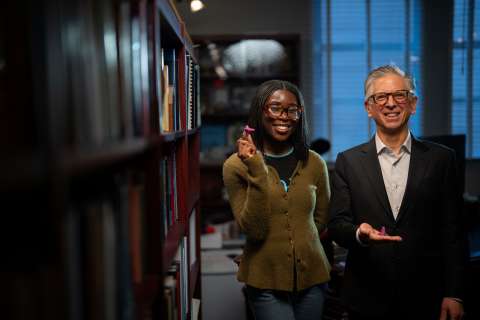Research Alert
FINDINGS
In a new UCLA Health study, 25 medical students pursuing emergency medicine were interviewed about their experiences working in an emergency room during clinical rotations. Four themes were identified in their answers: watching difficult interactions between patient and care team and among the care team was distressing; women participants found that culture to be exclusionary; traits – like assertiveness and self-advocacy – were favored; and access to mentors, representation, and exposure to environment influenced interest towards the specialty. Most of the medical students interviewed -- 21 of the 25 -- planned on applying to an emergency medicine residency. However, they said it remains a challenge to adopt emergency medicine norms based on the type of environment they experienced.
BACKGROUND
Emergency medicine is experiencing a decline in interest among graduating medical students, and women continue to be underrepresented in the field.
Part of joining a medical specialty is assimilating to the established culture of characteristics and norms. The researchers aimed to assess students’ experiences working in the emergency room and how those experiences influenced the selection of specialty.
METHOD
The study authors interviewed 25 medical students about their experiences in the emergency room. They used a constructivist grounded theory approach, meaning they gathered and synthesized answers instead of testing a preconceived idea.
The students needed to have completed an emergency medicine rotation and considered pursuing emergency medicine. They were selected from across the country.
IMPACT
The emergency room environment may dissuade students from pursuing that specialty which would impact diversifying the specialty.
JOURNAL
The study, “Understanding clerkship experiences in emergency medicine and their potential influence on specialty selection: A qualitative study” is published in Academic Emergency Medicine Education.
AUTHORS
The study’s lead author is Dr. Rosemarie Diaz, an emergency medicine physician at UCLA Health.




